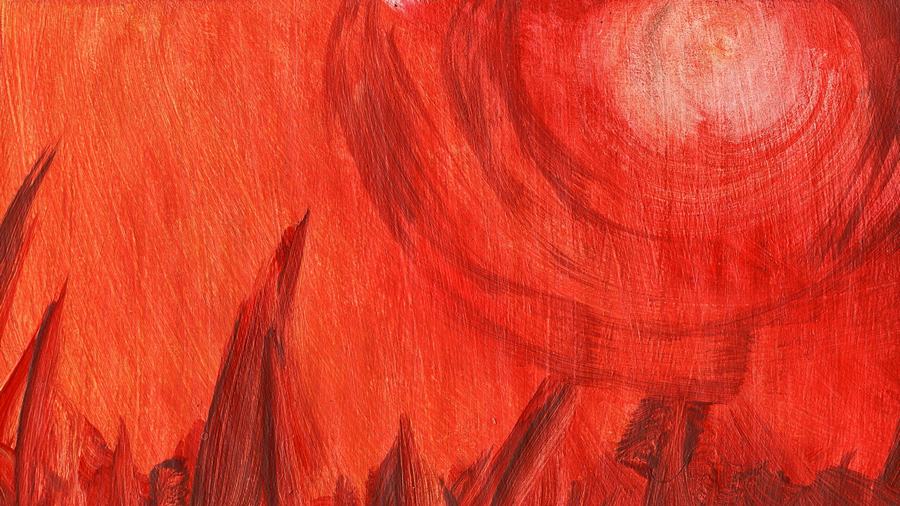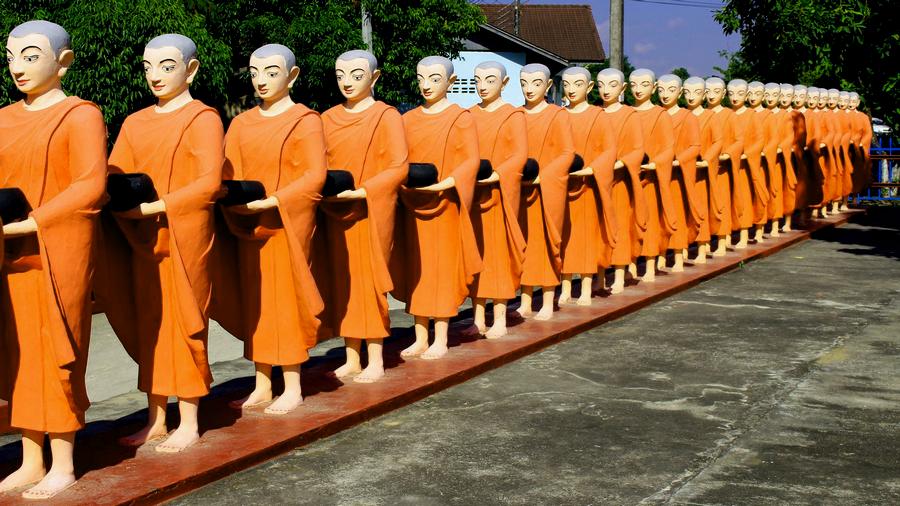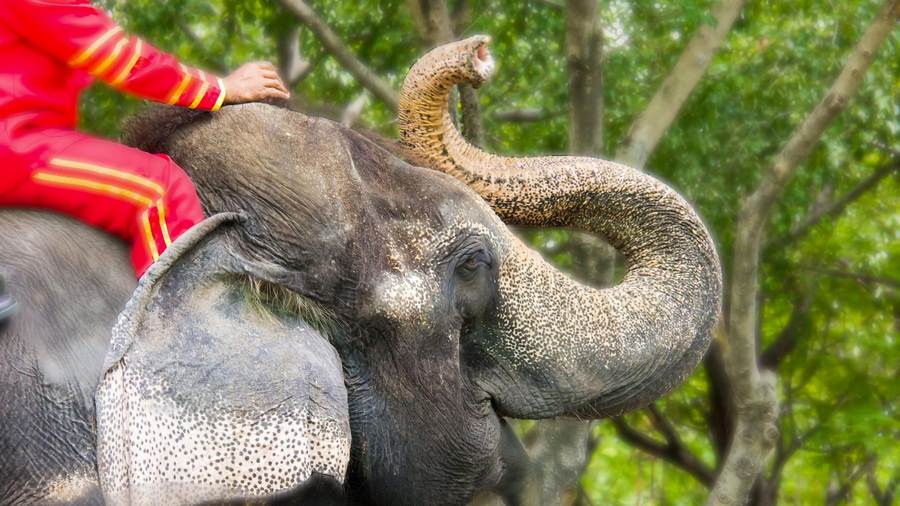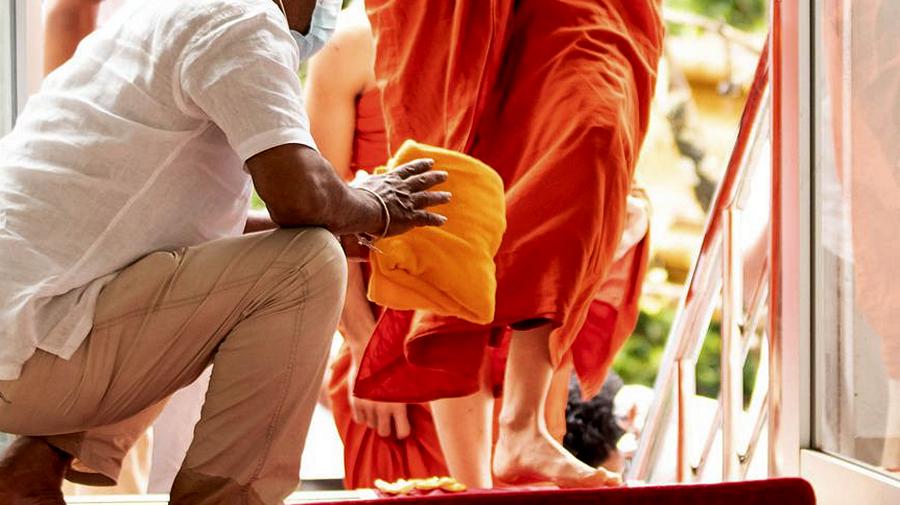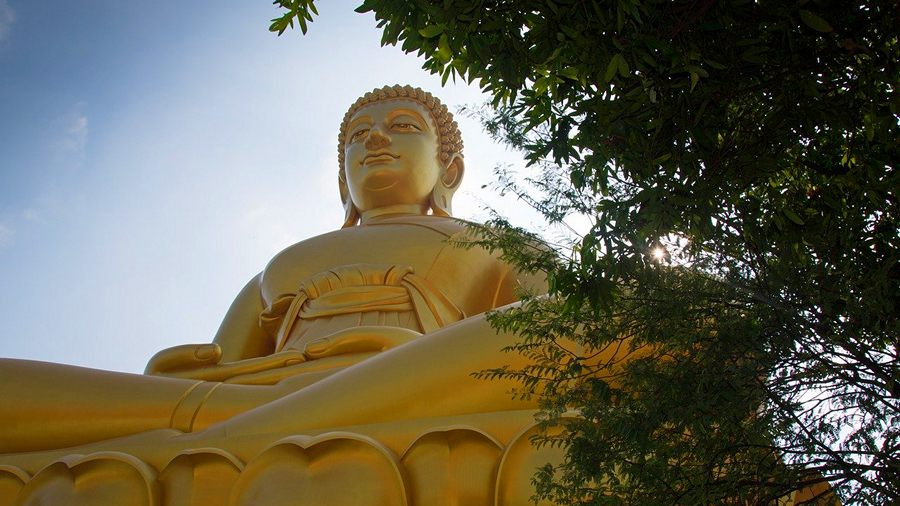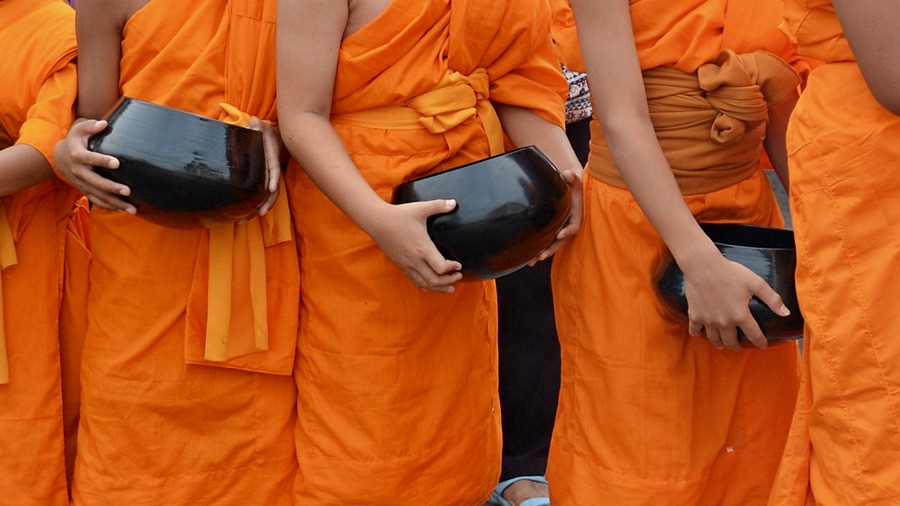[NOTE: This is just part of a longer sutta. It is valuable to read the whole thing if you have time.]
…What do you think, Anuruddha and friends? What advantage does the Realized One see in declaring the rebirth of his disciples who have passed away: ‘This one is reborn here, while that one is reborn there’?”
“Our teachings are rooted in the Buddha. He is our guide and our refuge. Sir, may the Buddha himself please clarify the meaning of this. The mendicants will listen and remember it.”
“The Realized One does not declare such things for the sake of deceiving people or flattering them, nor for the benefit of possessions, honor, or popularity, nor thinking, ‘So let people know about me!’ Rather, there are gentlemen of faith who are full of sublime joy and gladness. When they hear that, they apply their minds to that end. That is for their lasting welfare and happiness.
…
Take a monk who hears this: ‘The monk named so-and-so has passed away. The Buddha has declared that, with the ending of three fetters he’s a stream-enterer, not liable to be reborn in the underworld, bound for awakening.’ And he’s either seen for himself, or heard from someone else, that that venerable had such ethics, such qualities, such wisdom, such meditation, or such freedom. Recollecting that monk’s faith, ethics, learning, generosity, and wisdom, he applies his mind to that end. That too is how a monk lives at ease.
…
Take a nun who hears this: ‘The nun named so-and-so has passed away. The Buddha has declared that, with the ending of three fetters she’s a stream-enterer, not liable to be reborn in the underworld, bound for awakening.’ And she’s either seen for herself, or heard from someone else, that that sister had such ethics, such qualities, such wisdom, such meditation, or such freedom. Recollecting that nun’s faith, ethics, learning, generosity, and wisdom, she applies her mind to that end. That too is how a nun lives at ease.
…
Take a layman who hears this: ‘The layman named so-and-so has passed away. The Buddha has declared that, with the ending of three fetters he’s a stream-enterer, not liable to be reborn in the underworld, bound for awakening.’ And he’s either seen for himself, or heard from someone else, that that venerable had such ethics, such qualities, such wisdom, such meditation, or such freedom. Recollecting that layman’s faith, ethics, learning, generosity, and wisdom, he applies his mind to that end. That too is how a layman lives at ease.
…
Take a laywoman who hears this: ‘The laywoman named so-and-so has passed away. The Buddha has declared that, with the ending of three fetters she’s a stream-enterer, not liable to be reborn in the underworld, bound for awakening.’ And she’s either seen for herself, or heard from someone else, that that sister had such ethics, such qualities, such wisdom, such meditation, or such freedom. Recollecting that laywoman’s faith, ethics, learning, generosity, and wisdom, she applies her mind to that end. That too is how a laywoman lives at ease.
So it’s not for the sake of deceiving people or flattering them, nor for the benefit of possessions, honor, or popularity, nor thinking, ‘So let people know about me!’ that the Realized One declares the rebirth of his disciples who have passed away: ‘This one is reborn here, while that one is reborn there.’ Rather, there are gentlemen of faith who are full of joy and gladness. When they hear that, they apply their minds to that end. That is for their lasting welfare and happiness.”…
Read the entire translation of Majjhima Nikāya 68 Naḷakapānasutta: At Naḷakapāna by Bhikkhu Sujato on SuttaCentral.net. Or listen on PaliAudio.com or SC-Voice.net. Or explore the Pali on DigitalPaliReader.online.
Or read a translation in Deutsch, Русский, বাংলা, Español, Français, हिन्दी, Hrvatski, Bahasa Indonesia, Italiano, 日本語, မြန်မာဘာသာ, Norsk, Português, සිංහල, Slovenščina, ไทย, Tiếng Việt, or 汉语. Learn how to find your language.

 Copyright: Creative Commons Zero (CC0) To the extent possible under law, Bhikkhu Sujato has waived all copyright and related or neighboring rights to his own translations on
Copyright: Creative Commons Zero (CC0) To the extent possible under law, Bhikkhu Sujato has waived all copyright and related or neighboring rights to his own translations on 
